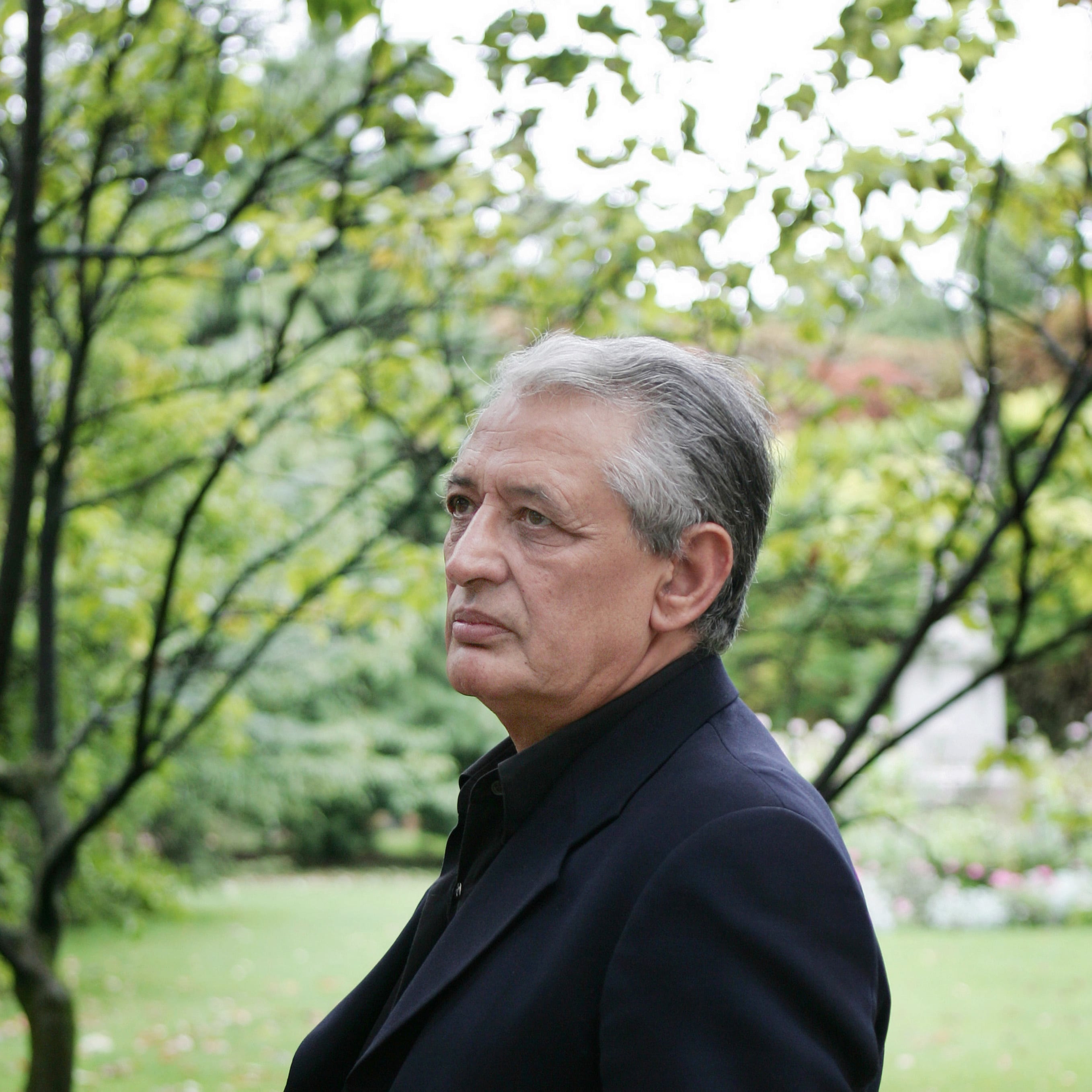Rarely have childhood loneliness, human stupor and despair in the face of great historical events been expressed in the form of words so true and at the same time so harsh as in the novel Tanguy published by the Franco-Spanish writer Michel del Castillo, who has just died in Sens, south of Paris, at the age of 91.
Born in Madrid, the terrible story of little Michel’s life is that of an abandoned child exposed to pain and amazement at what he has to live through. His father, Michel Janicot, a wealthy French landowner, leaves his wife just before the start of the Spanish Civil War. His mother, Cándida Isabel del Castillo, a writer and journalist with a very good economic position and a communist political leader who is involved in shady revolutionary activities, is forced to go into exile in France with her son after the war. Both interned in a refugee camp, in the tragic Paris of 1942 he sees no other option to save his own life than to leave it to the black swings of history. At the age of 10, the boy was deported, alone, to the Mathausen concentration camp, where he remained until his liberation in 1945. Repatriated to Spain by the Red Cross, and considered an orphan, Michel del Castillo was interned again, this time in the Asilo Durán in Barcelona, a dark religious reformatory for boys where he suffers all kinds of violence, punishments and humiliations. Desperate, sick, almost depersonalized, overcoming suicidal tendencies, he manages to escape and survives poorly for a time working in cement factories near the port of Barcelona. After several attempts to recover both his father and his French family and his mother and his Spanish family, all incomprehensibly frustrated, he assumes that he was never a loved child. He himself once said that he considered himself like an unfortunate character in a Dickens novel, and that he must definitively and irremediably face his destiny alone.
In 1951, Michel del Castillo needs to write the novel within him. In a miserable guest house in Huesca, the first sketches are in Spanish, but he soon realizes that his literary language will forever be, and only, French. Tanguy It is published in Paris in 1957 with the subtitle Story of a child of today. The protagonist, the author’s alter ego, is the innocent victim of the conflicts that he fatally suffers without ever understanding them. The reader of the novel is not situated within the story, but within the story seen, perceived and perhaps deformed by a child, and this unusual view is the great contribution of Del Castillo’s literature.
Convinced that every war implies a suspension of morality, Tanguy seems content to confirm that evil exists and that there is no point in questioning or denouncing it. The novelist does not consider himself a testimony because “I went through the wars blinded, absent to myself, letting myself be carried away by the current.” And he writes, following the lessons of his beloved Dostoyevsky and Unamuno: “Contrary to what is so often said, I do not believe that literature serves as a consolation for anything, rather it is the other way around: the more you write, the more the pain increases.” . Tanguy It was published in Spain in 1959, but greatly cut down by censorship. It was not republished, complete, until 1999 and was also translated into Catalan, with a prologue by Manuel Vázquez Montalbán, who, together with the critic Joan de Sagarra, warmly welcomed Michel del Castillo and attempted, in vain, a final reconciliation with Barcelona. one of the cities in which he suffered the most. “Je n’aime pas l’Espagne, je déteste les Espagnols…”, he wrote in another of his many novels, many of them new painful revisitations to the same knot of childhood. After Tanguyperhaps the best is Archives Streetbut his academic career, literary awards, theatrical and film adaptations provide good proof of how Del Castillo’s “truthful pathos” came to conquer thousands of readers.
Long before the rise of testimonial literature and the successive fashions of autofiction, Michel del Castillo already knew how to build a moral position to face his painful past, overcome all his family demons and settle accounts with both Spain and France. Until he realized that the only way to remember the “field of ruins” that was his childhood and to project himself with his own identity in adult life was by building the edifice of literature.

